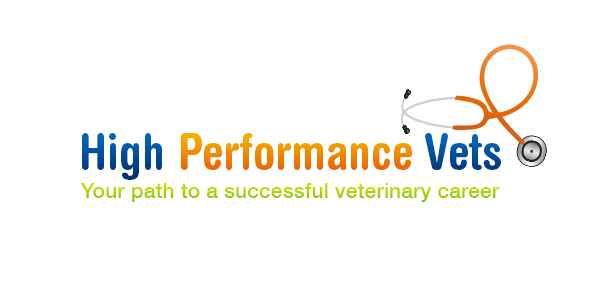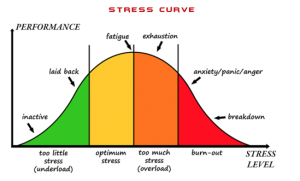After talking to a lot of veterinarians and practice owners, I recognised that stress is having a major impact on their lives.
Stress plays a part in our every day life. It is unavoidable.
 From the commute to work, the number of people already waiting at the clinic before the doors even open, reduced staffing when someone is ill, emergencies, unhappy clients and fatigue.
From the commute to work, the number of people already waiting at the clinic before the doors even open, reduced staffing when someone is ill, emergencies, unhappy clients and fatigue.
We also have stressors in our personal life and for anyone who has children, your cortisol levels can be increased before you even walk out the door of a morning.
I’m in the process of writing a workbook on Stress Management in Practice for a on site training.
So over the past few months I have been researching. I read many books and watched programs and DVD’s to find as much current knowledge in neuroscience, neurobiology and best practice. I collect and collate a lot of material.
The Stress Performance Curve
The Yerkes-Dodson Law dictates that performance increases with physiological or mental arousal, but only up to a point. When levels of arousal become too high, performance decreases.
How does this apply to you in practice?
Eustress is healthy stress. It moves you to increased performance.
Distress is unhealthy stress and tips you to the right of the curve where performance decreases and the effects of stress increase.
Everyone has differing curve patterns.
- New graduates will have curves with peaks to the left. They can easily tip into overwhelm and distress as they are being exposed to so much new information
- Learning and applying new information will move the peak to the left
- Experience moves the peak to the right
- Chronic stress will reduce the peak of your curve and it doesn’t take much to tip into overload and distress
You can’t expect the same level of performance from a new graduate compared to an experienced veterinarian. Of course they will be slower! The biggest complaint I hear from practice owners is the new graduates are slow. If you rush them, you will increase their stress levels and their performance will decrease. Give them time to develop habits and assimilate the knowledge they are learning.
Take the time to build relaxation techniques into your day to reduce stress levels and keep to the left of the curve.
Increase your self awareness to recognise when your stress levels are increasing and determine why this is occurring. When you recognise a pattern developing, take action to reduce this.
Uncontrolled stress develops into chronic stress which is very detrimental for your physical, emotional and mental health. It is important to build stress management techniques into your day to reduce your stress levels.
If stress is negatively affecting your life and career, contact me for coaching.
Natasha






